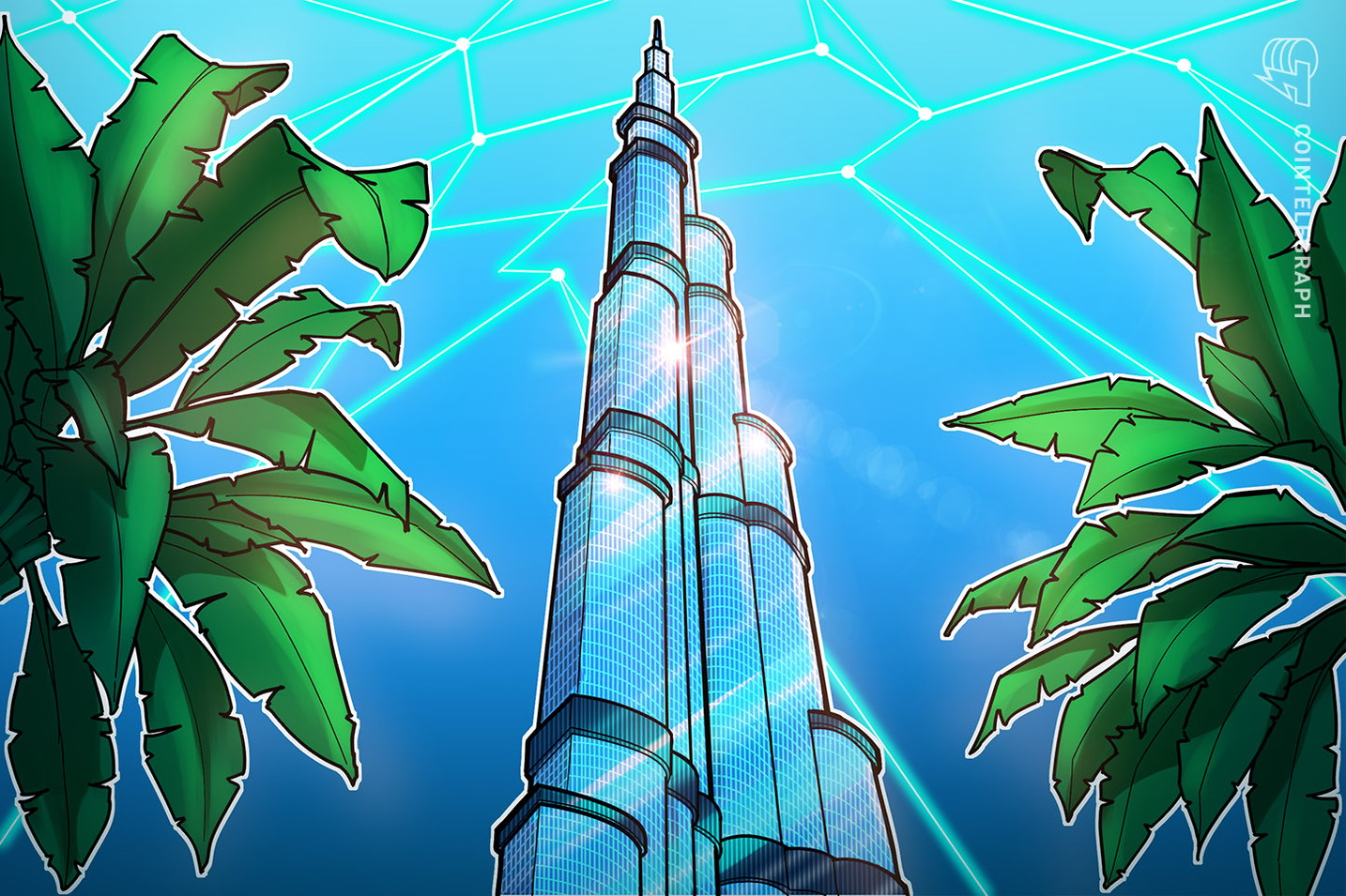Dubai Customs has announced the launch of a new blockchain platform aimed at smoothing out supply chain friction within Dubai and across its borders.
The blockchain solution was launched as part of a broader strategy to cement Dubai’s position as a leading “smart” city, Dubai Media Office said in a July 8 statement.
“This innovation reflects our vision to make Dubai a global hub for trade and logistics,” said Ahmed bin Sulayem, Chairman of the Ports, Customs, and Free Zone Corporation.

“We believe that adopting modern technologies like blockchain will significantly contribute to improving the business environment and enhancing Dubai’s position as a major center for global trade.”
Bin Sulayem noted that the blockchain solution aims to cut time and effort by simplifying many procedures to expedite customs clearance and commercial transactions.
It will also improve supply chain transparency by facilitating tamper-proof data sharing and reducing the voluminous paperwork typically involved in these processes.
“The goal is to make the business environment in Dubai smoother, more streamlined, and transparent,” said Dr. Abdullah Busnad, Director General of Dubai Customs.
Blockchains have long been touted as a solution for tracking the real-time movement of items in supply chains and combating fraud and counterfeiting.
However, academics in 2022 argued there are still hurdles to mass adoption. One promising blockchain supply chain platform from computer manufacturer IBM was axed in November 2022.
IBM and its partner, Danish logistics firm Maersk, cited a lack of “global industry collaboration” as a key reason behind its decision to discontinue TradesLens.
However, many more platforms and blockchains exist today.
VeChain, a smart contract-compatible blockchain used for supply-chain tracking, has been a player in the space since its launch in 2016. Chainlink has been used for supply-chain automation since its launch in 2019. Hong Kong-based Global Shipping Business Network (GSBN) has also become a notable player in the blockchain supply chain space.
VeChain, a smart contract-compatible blockchain used for supply-chain tracking, has been a player in the space since its launch in 2016. Chainlink has been used for supply-chain automation since its launch in 2019. Hong Kong-based Global Shipping Business Network (GSBN) has also become a notable player in the blockchain supply chain space.
Dubai Customers also launched a blockchain-based platform to facilitate cross-border e-commerce in January 2020.
